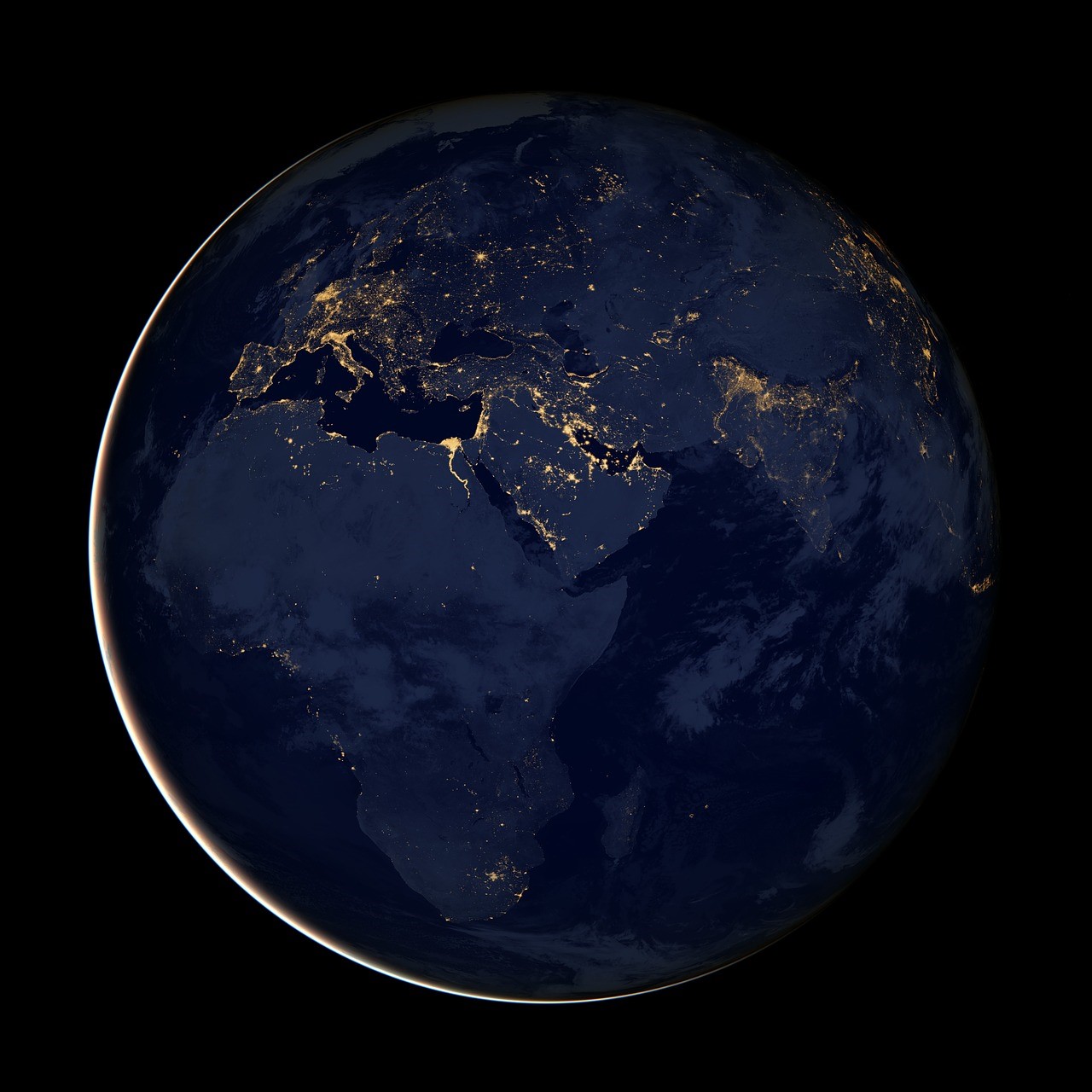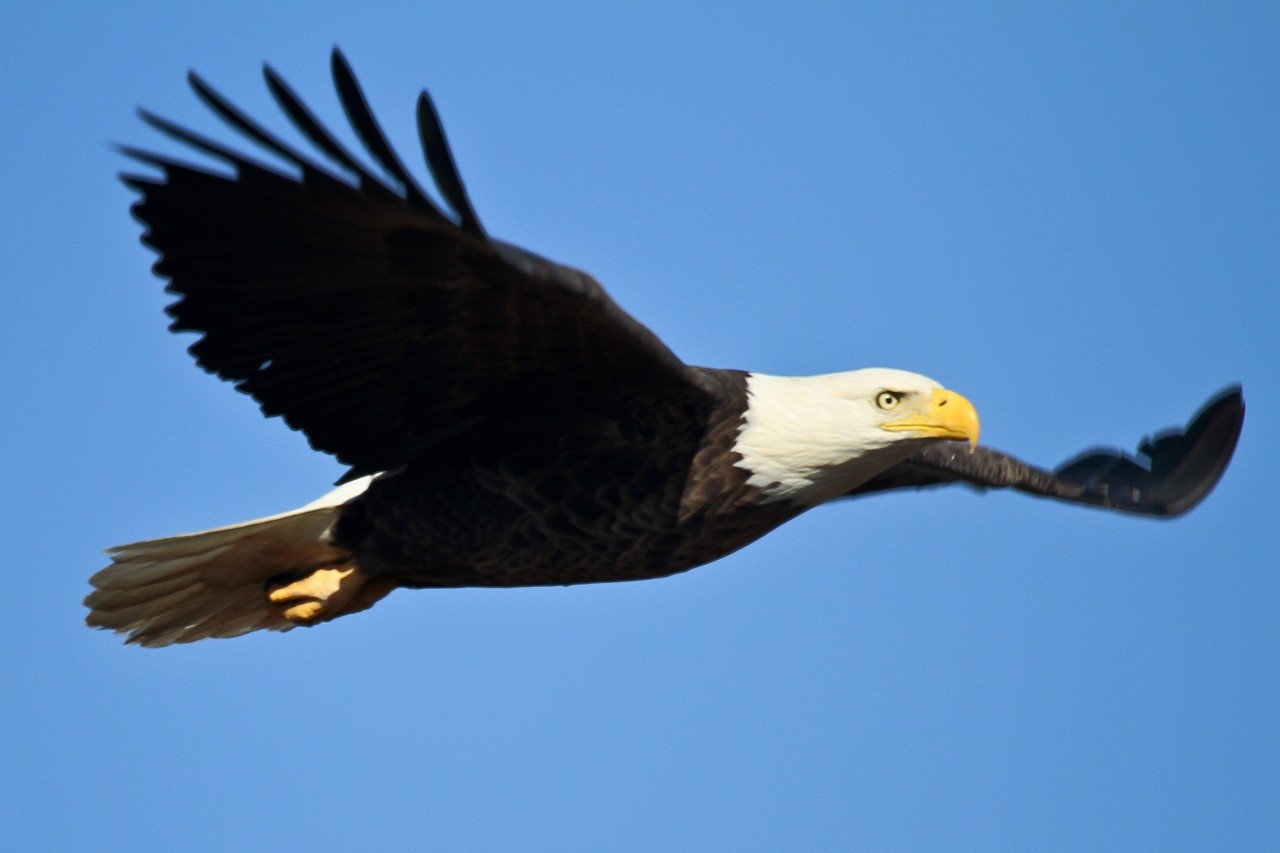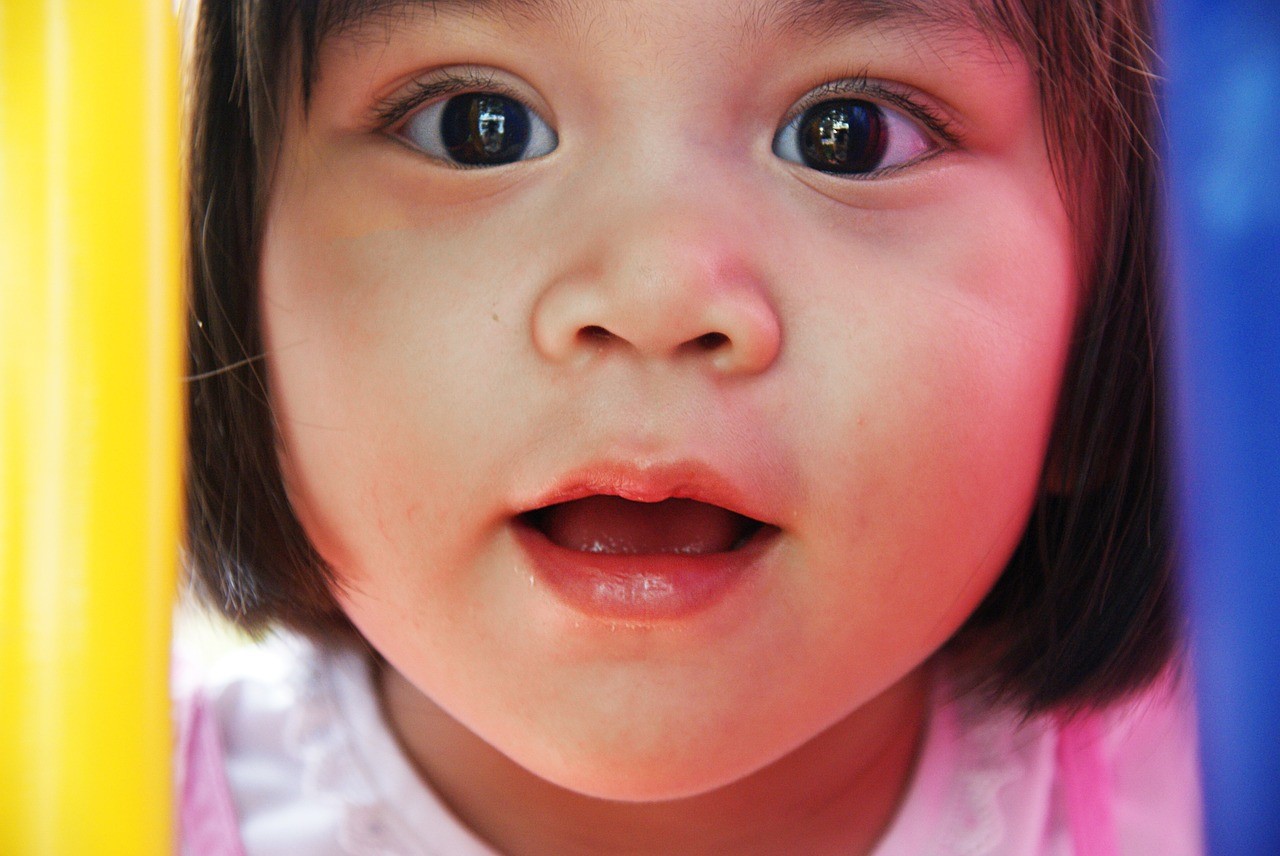
What does creativity have to do with becoming better? How can it help with productivity, behavioral change, or happiness? And isn’t creativity just a luxury for those who have both the talent and the time to make art?
One of the assumptions underlying these doubts is that “creativity” only refers to art, music, dance, poetry, and writing stories. As we’ll see, this narrow view of creativity is both wrong and harmful to those who hold it. The other assumption underlying these questions is that creativity is something you either have or don’t have – a talent bestowed upon a lucky few at birth. This, too, is wrong.

First, creativity is essential for success in everything we endeavor to do in life. Any problem that does not yet have a solution calls out for creativity. There is no problem too large or too small for creativity to be useful. From global crises to everyday trouble-shooting, innovation is the answer (or rather, innovation provides the answers).
As intelligent machines automate more and more white-collar jobs, thriving in the modern economy will require creativity. Not only will we need creativity to continuously adapt to a rapidly changing world, but it may also eventually become the case that creative jobs are among the only jobs left. But even today, in every line of work, there are tangible benefits to becoming more creative. Any task that could be done better is awaiting someone’s insight. Every business needs more good ideas.
Creativity is also essential for improving physical and mental health. An insight can lead to a better understanding of our own motivations, facilitating behavioral change and better choices. Creativity can help us sort out our deepest problems. Lifestyle innovations can make us healthier and happier.
“Make your life a masterpiece.” –Brian Johnson
Brian Johnson makes the case that designing a meaningful life is the ultimate creative project. Everyone can use creativity to craft a better way of living. Thus, creativity is an essential part of becoming better.
Even learning is a creative act. It doesn’t matter that what we are learning isn’t new to the world; it requires creativity because it’s new to us. We understand the ideas we’re learning by seeing patterns and finding helpful metaphors. And, in order to grasp a concept that someone else invented, such as evolution by natural selection, we have to see for ourselves how the puzzle pieces fit together, just as Darwin did when he had the original insight.1
“But I’m not creative!” is the objection many people raise. Hogwash. You’re human, so you are therefore endowed with the capacity for creativity. It is the signature strength of our species. Creativity is what we’re made to do. It’s in all our genes. It’s how we express our highest selves and give our best to the world.

Every animal has a desire to live up to its potential, to be what nature has designed it to be. No animal can be fulfilled if it does not use its signature strengths.2 Imagine how a chipmunk would feel if it couldn’t run around in the forest. Imagine a dolphin not allowed to swim with other dolphins. Imagine an eagle who was afraid to fly. So it is with humans who choose not to exercise their creativity.

And here we’ve hit on another benefit of creativity: It’s fun! Creative acts, even small ones, are quite enjoyable, and we experience deep satisfaction from serious problem-solving. The “Aha!” moment is a moment of joy. Everyone has had this experience and knows this feeling, further disproving the “But I’m not creative!” objection.
So creativity isn’t just for artists, authors, and musicians. It’s for everyone. As children, we were all unabashedly creative, but, somewhere in the process of growing up, most of us lost it. We can get it back. We can relearn how to be creative and unlock our innate potential.
Lastly – and this is where I come in – creativity is a skill you can learn and practice, as well as a mental muscle you can strengthen with exercise. In the future, I will write about the details of the creative process and the many ways you can become more creative. Stay tuned.
Works Cited
1 Oakley, Barbara. A Mind for Numbers: How to Excel at Math and Science (Even if you Flunked Algebra). Penguin, 2014.
2 Maslow, Abraham H. Toward a Psychology of Being. Van Nostrand Reinhold; 2nd edition, 1968.
